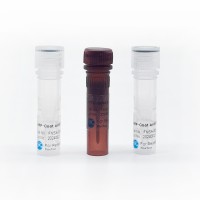Whole-Genome Analysis to Identify Type III-Secreted Effectors
互联网
互联网
相关产品推荐

Recombinant DENV(type 1)E/Envelope Protein(Domain III,His Tag) | 重组登革病毒 (type 1)E/Envelope 蛋白(Domain III,His标签)
¥4520
![四[N-邻苯二甲酰-(S)-叔亮氨酸基]二铑双(乙酸乙酯)加合物;154090-43-4;Elemental analysis(Nitrogen) 3.30 to 4.50 %;V66234-25mg](https://img1.dxycdn.com/p/s14/2025/1029/004/8672158669127143891.jpg!wh200)
四[N-邻苯二甲酰-(S)-叔亮氨酸基]二铑双(乙酸乙酯)加合物;154090-43-4;Elemental analysis(Nitrogen) 3.30 to 4.50 %;V66234-25mg
¥399

Recombinant-Pea-enation-mosaic-virus-1-Protein-P1ORF1Protein P1 Alternative name(s): Genome-linked protein precursor ORF1 protein Cleaved into the following 3 chains: 1. Serine protease EC= 2. 3.4.21.- 3. VPg 4. P1-C25
¥10710

Goat Anti-Human Whole Serum
¥1500

Recombinant-Mouse-Ectodysplasin-AEdaEctodysplasin-A Alternative name(s): EDA protein homolog Tabby protein Cleaved into the following 2 chains: 1. Ectodysplasin-A, membrane form 2. Ectodysplasin-A, secreted form
¥12250
相关问答

